I learned a lot from pro runners giving training advice to their younger selves
Some of the tips shared by expert runners helped put my own running training into perspective

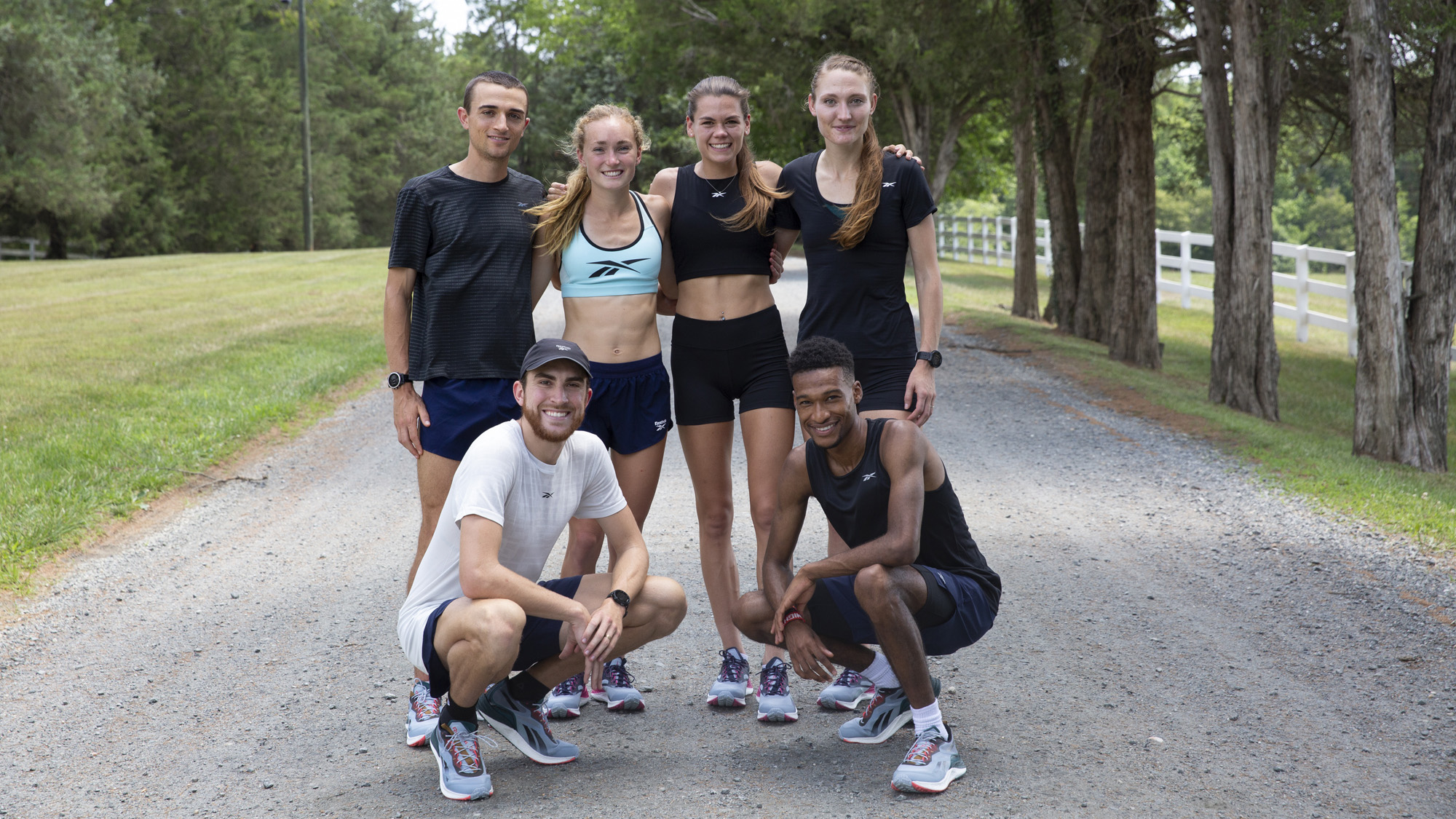
Listening to pro runners is probably the best source of training advice. These are people who run for a living, have been running for a long time and encountered quite a few mistakes and injuries on the way. Expert runners know full well how to avoid pitfalls in their training and maximise their running potential.
The Reebok Boston Track Club consists of such individuals. Members of this pro running club compete in elite competitions around the world and inspire new Reebok products. That's right: these are the runners who give feedback when Reebok develops new running shoes, such as the excellent Reebok Floatride Energy 3 series.
Since I'm always on a mission to better my running technique – hence why I wear all sorts of running tech, including running watches, fitness trackers and smart insoles – I desperately wanted to find out what makes the members of the Reebok Boston Track Club so good in their craft. So I asked them.
But instead of asking, "what advice have you got for me" I posed a different question to these elite runners: "what training advice would you give to your younger self?" But through their advice, I learned a lot about how I run and, more importantly, how I should run to enable myself to progress in the future.
- Research running shoes:
- Best women's running shoes
- Best trail running shoes
- Best Nike running shoes
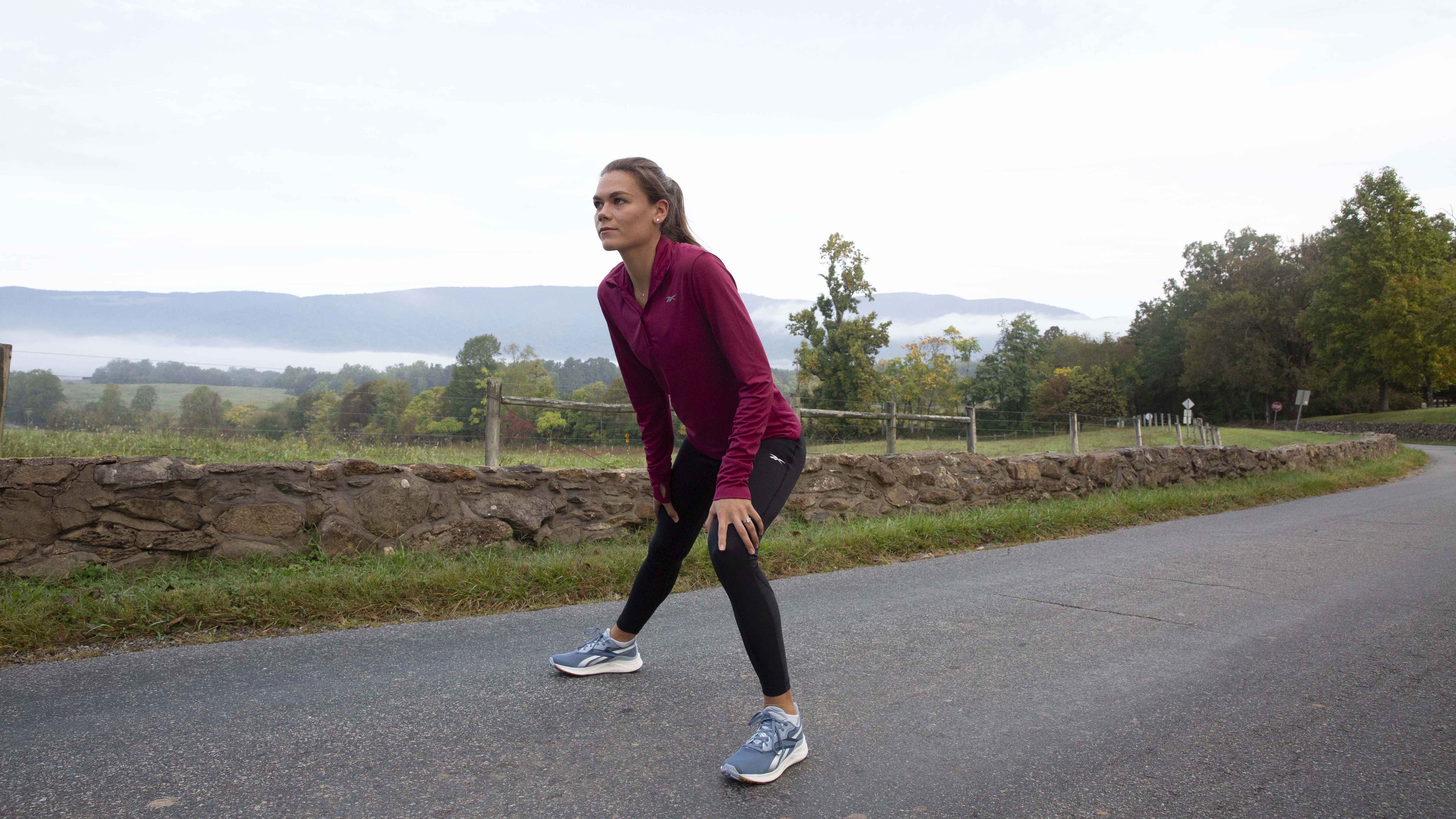
Josette Norris: "Be a dreamer"
“Do not let what has happened up to this point, whether it be good, bad, or in between, lead to you selling yourself short of your goals”, Josette Norris encourages people, “Continue to be a dreamer. When you go into workouts and races, be excited about what can go right.”
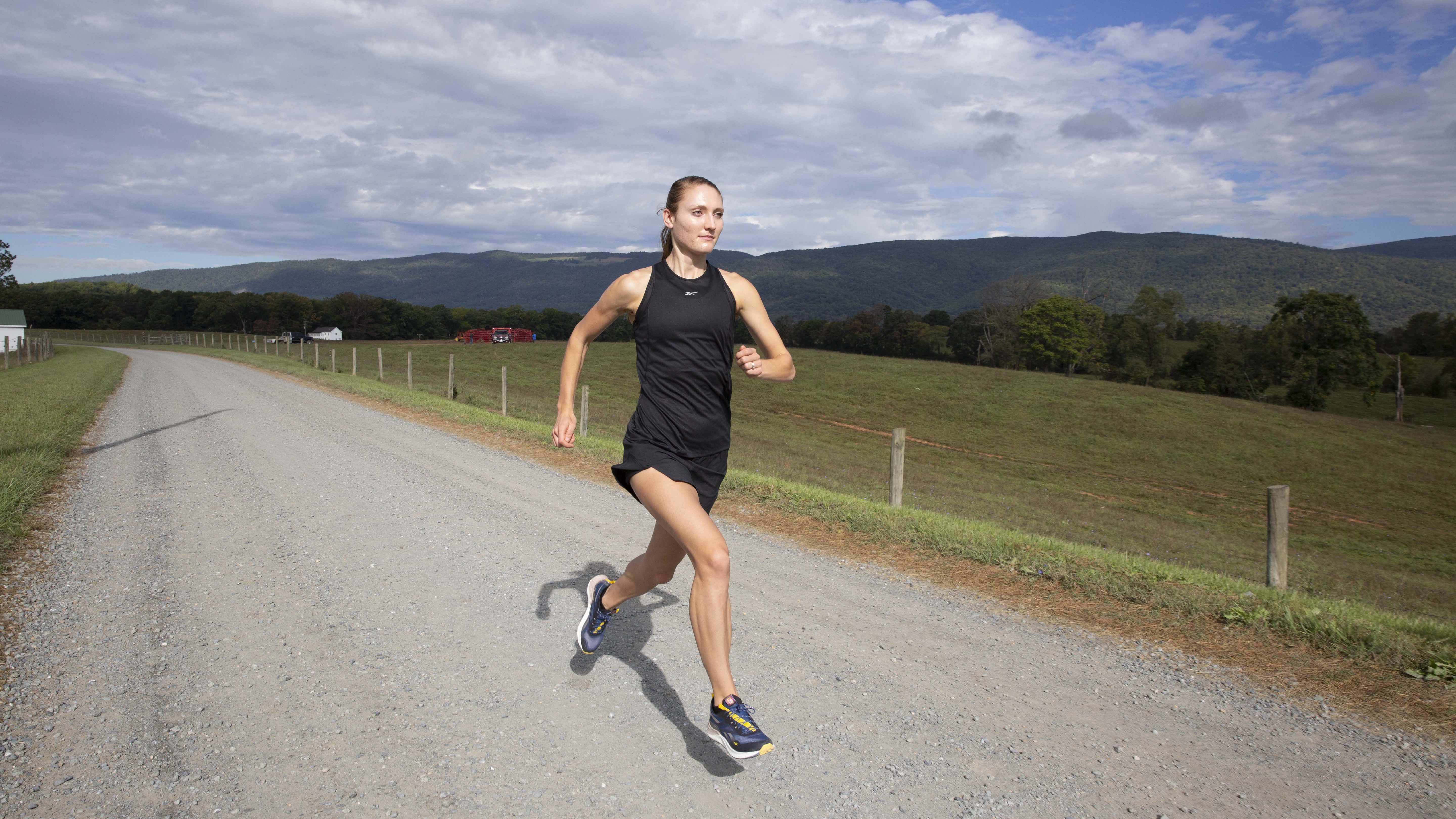
Amy-Eloise Markovc: "Be patient and reduce the pressure on yourself"
“If you aren’t adequately fueling, you can’t properly recover and adapt from your training, and maybe more prone to injury”, says Amy-Eloise Markovc, “To get the most out of my workouts, I make sure I eat or drink a combo of protein and carbs as soon as possible after a run – preferably within 15-30 minutes – in addition to eating enough throughout the day!”
“Be patient and reduce the pressure you put on yourself”, she adds, “Skipping steps in your athletic development instead of increasing training gradually can lead to injuries and harm your performance in the long term. Most importantly, by decreasing internal pressure, you’ll likely love the sport more and be less likely to burn out mentally.”
Get all the latest news, reviews, deals and buying guides on gorgeous tech, home and active products from the T3 experts
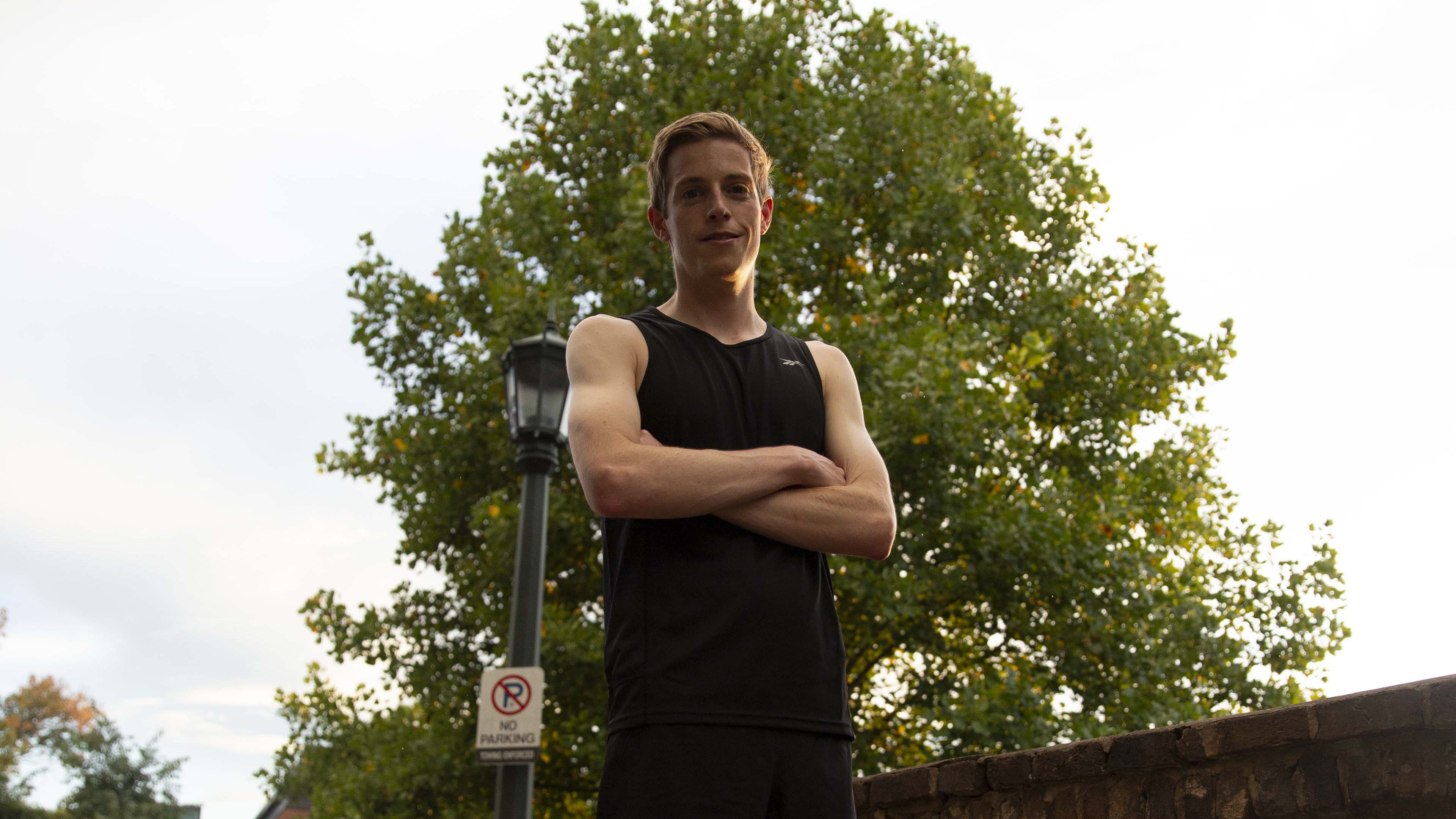
Martin Hehir: "Allow for ebbs and flows in training"
Martin Hehir has some technical tips for his younger self: “I would tell myself to focus more on ancillary strength and agility drills. They are so important for working muscle groups you don’t use while running, which keep you feeling strong and, more importantly, injury-free.”
“Don’t overthink the ebbs and flows of training”, he goes on, “Your body only knows the difference between running fast and running slow. Everything may click for some workouts while others feel terrible from the start. But in the end, work is work, and you got better that day no matter how it felt.”
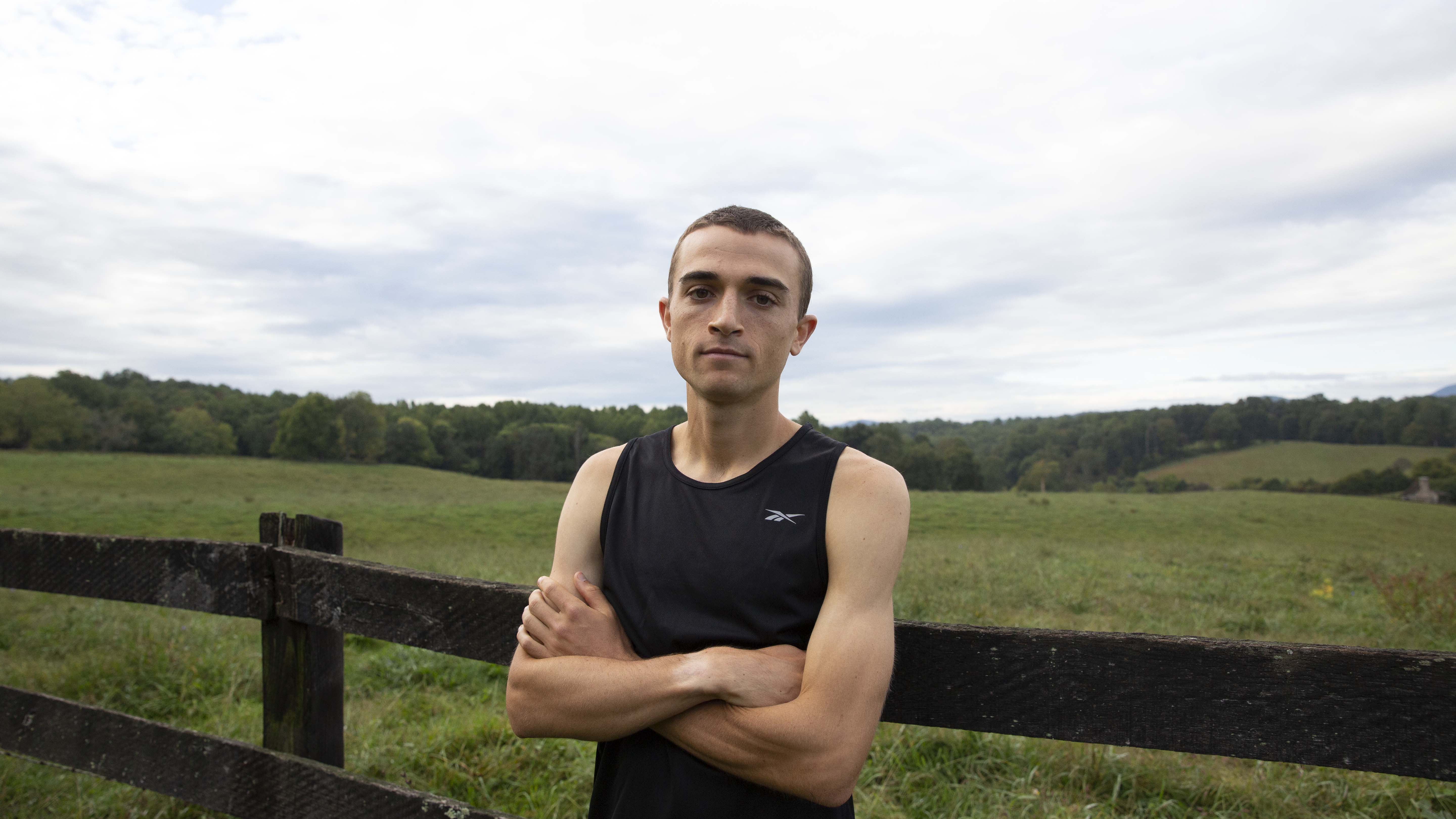
Colin Bennie: "Trust yourself and remember why you run"
“As important as the hard workouts and efforts are in making you a better runner, you have to make sure you emphasize the importance of the easy, recovery days as well”, Colin Bennie recommends, “Don’t be held hostage by the pace on your watch – listen to your body and respond if it is telling you to slow down and relax your pace and effort a bit.”
“Just as importantly, make sure you take a few extra minutes on your easy days before or after your run to stretch, roll out, and generally care for your body and health. Take full advantage of your easier days of running to make sure your body and mind are ready for your next hard workout.”
“It’s easy these days with social media to get sucked into looking at how your training may differ from those around you, but that doesn’t mean you should change how you approach a race or training. Listen to your body and understand what works for you – change if you need it, but don’t force yourself to do something that doesn’t align with what your body and mind are telling you to do.”
Most importantly, when you have an off day in a workout or race, don’t let that impact you too negatively; just take a moment and remember why you run – whether it be to spend time outdoors, catch up with friends, or just for the love of it!”, he concludes.

Justyn Knight: "Nothing is perfect"
“If I were able to give my younger self advice right now, I would tell him that nothing is perfect”, Justyn Knight reassures his former self, “You will succeed, and you will fail, but each failure will teach you how to be successful. Keep believing in yourself. Nothing worth having comes easy.”

Matt Kollat is a journalist and content creator who works for T3.com and its magazine counterpart as an Active Editor. His areas of expertise include wearables, drones, fitness equipment, nutrition and outdoor gear. He joined T3 in 2019. His byline appears in several publications, including Techradar and Fit&Well, and more. Matt also collaborated with other content creators (e.g. Garage Gym Reviews) and judged many awards, such as the European Specialist Sports Nutrition Alliance's ESSNawards. When he isn't working out, running or cycling, you'll find him roaming the countryside and trying out new podcasting and content creation equipment.